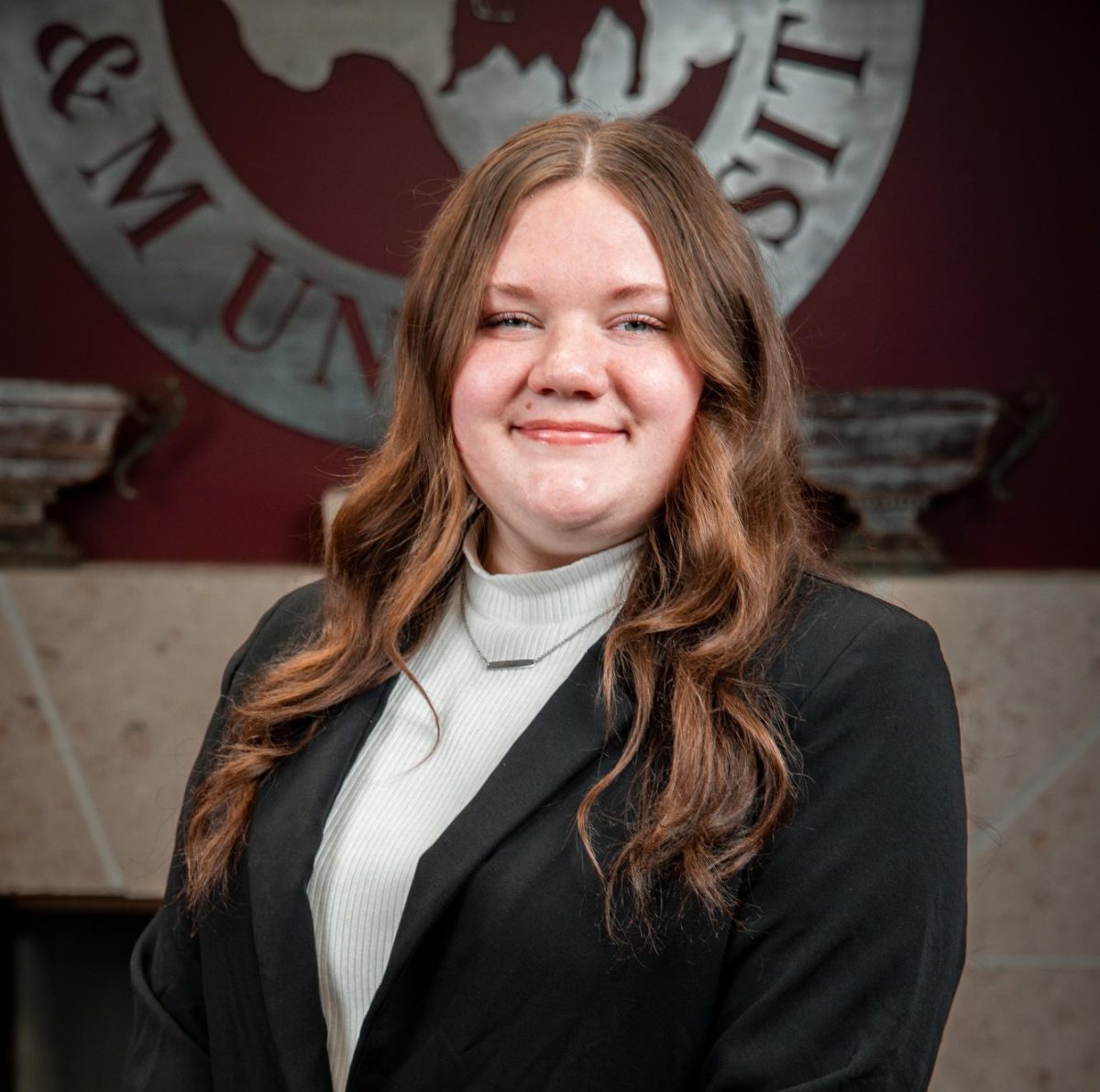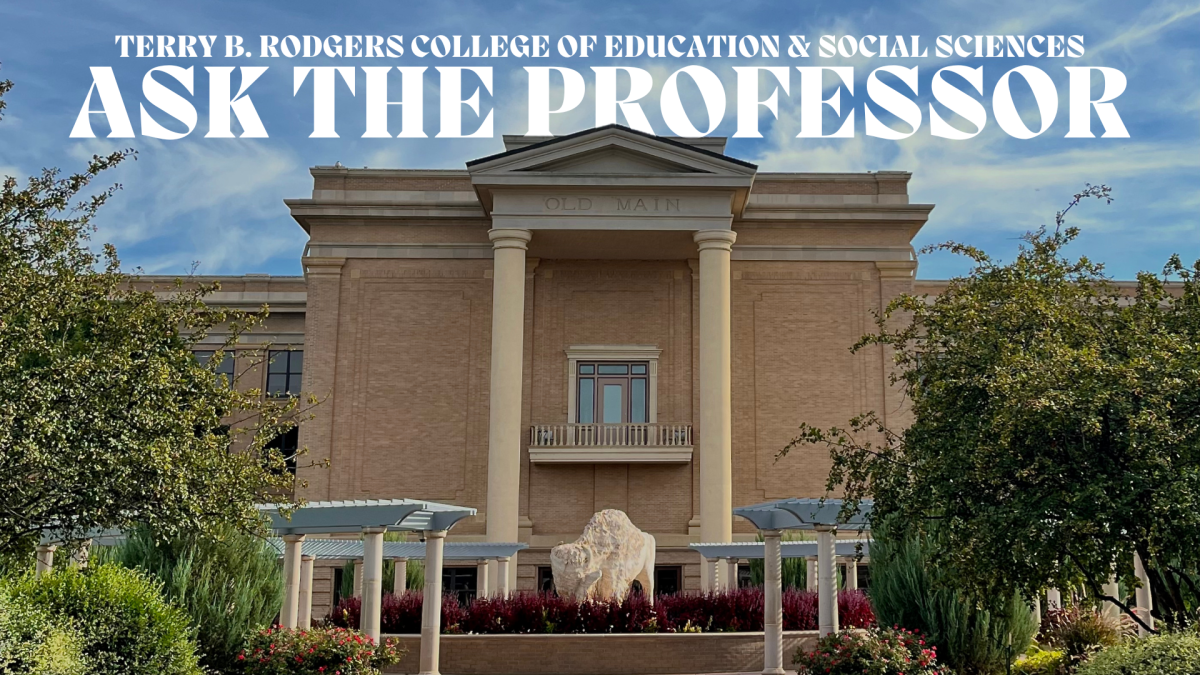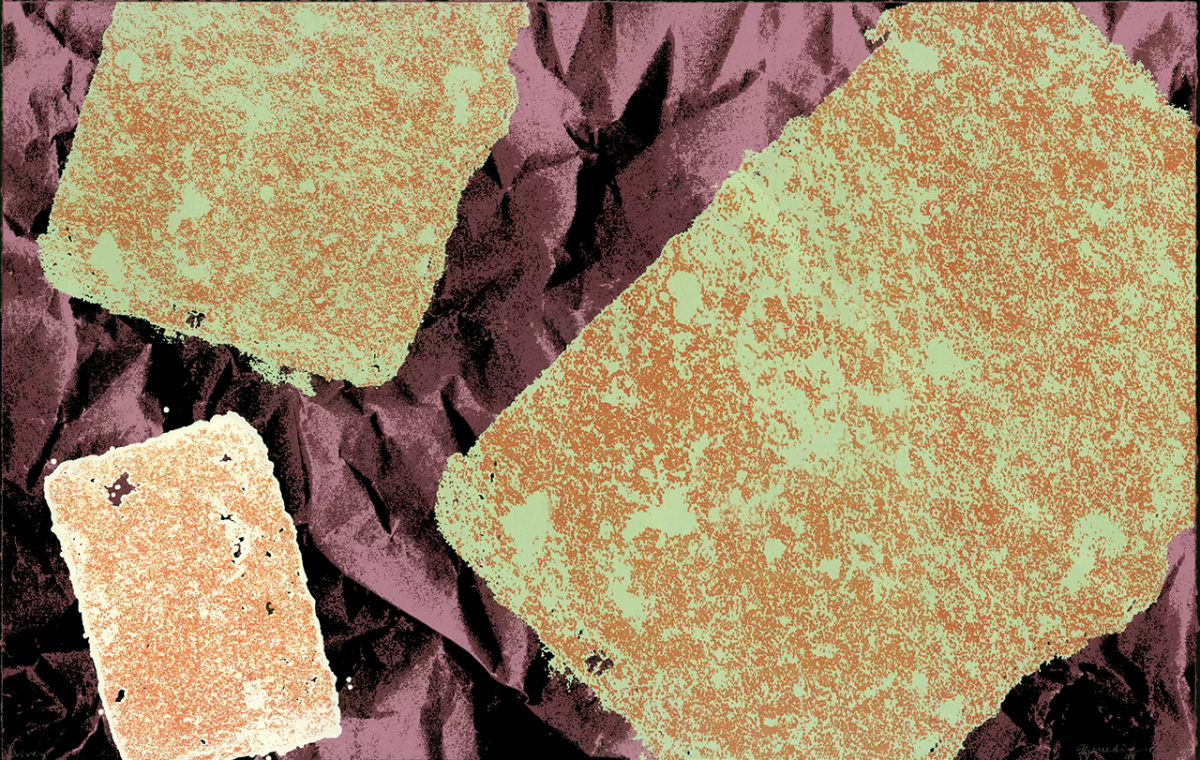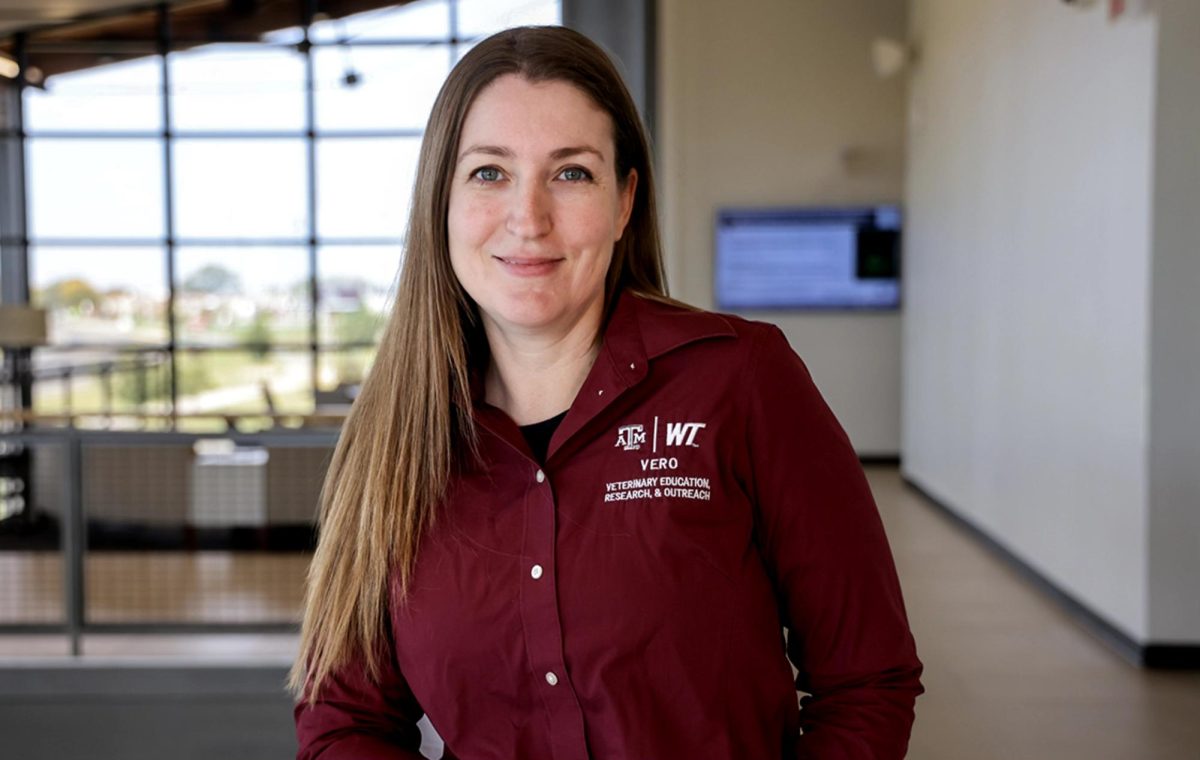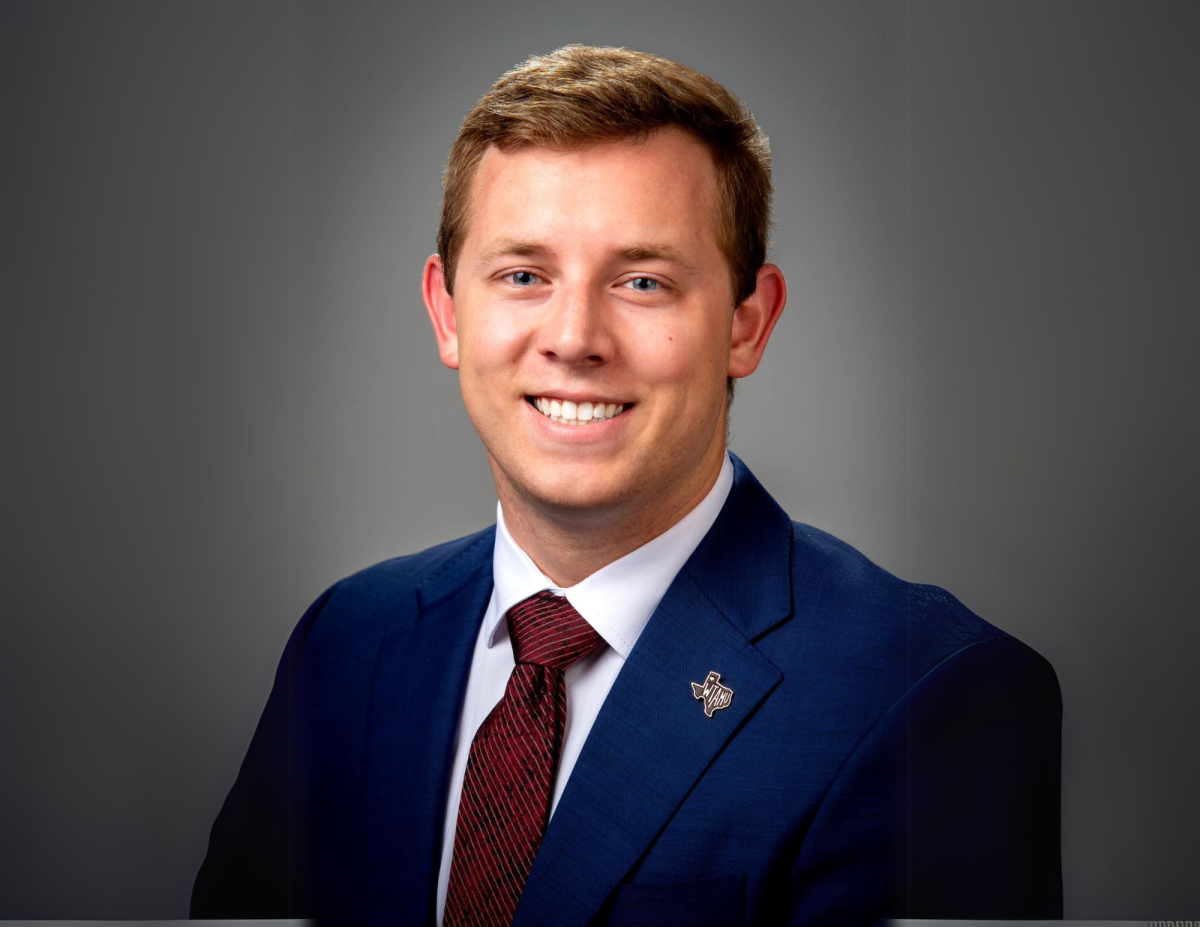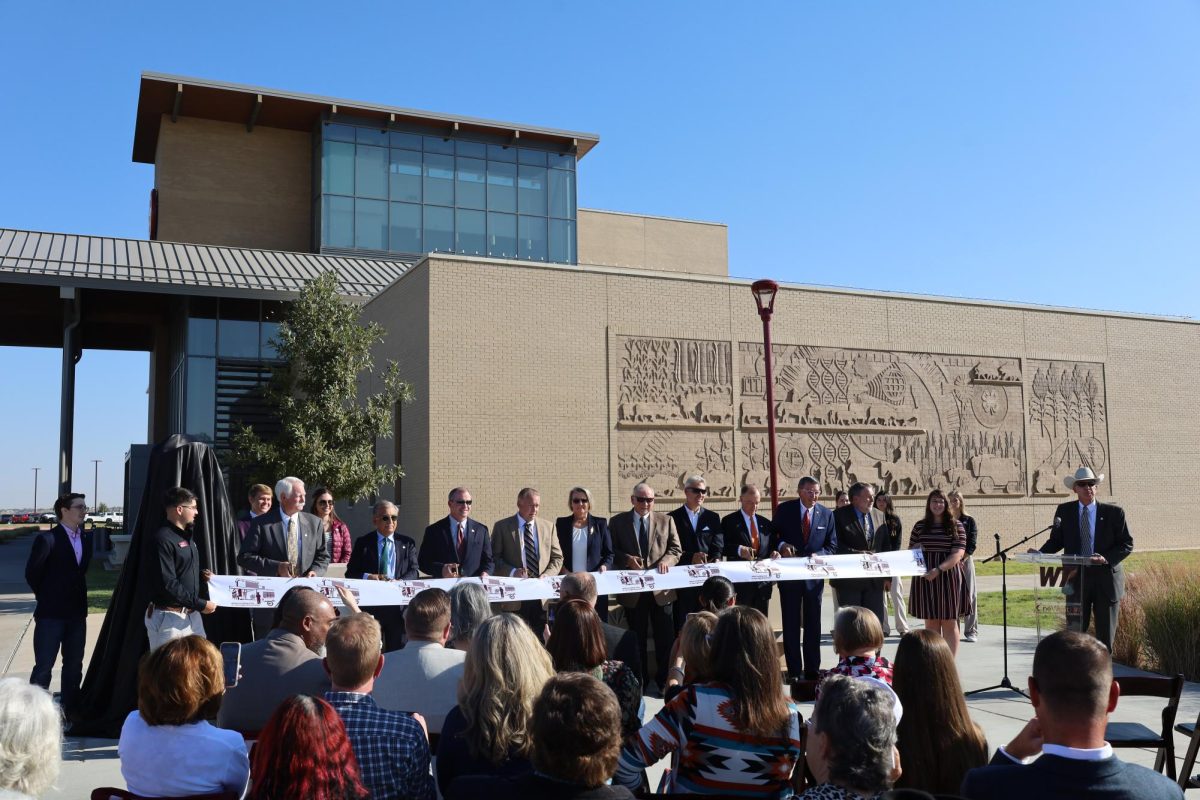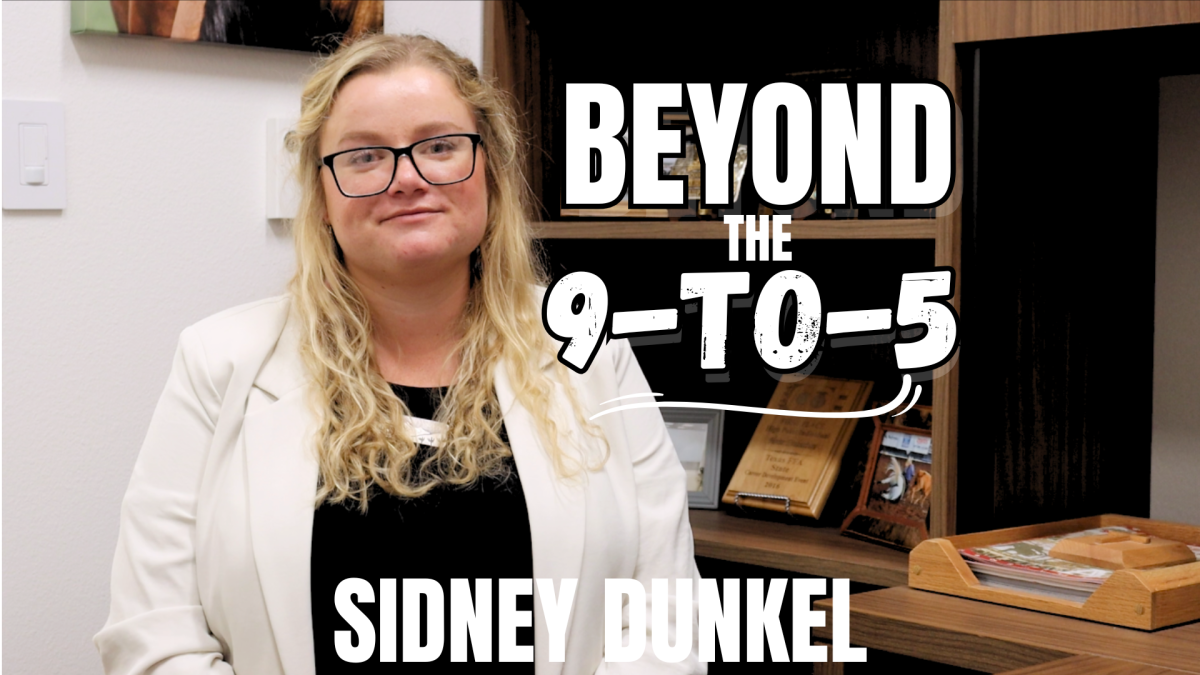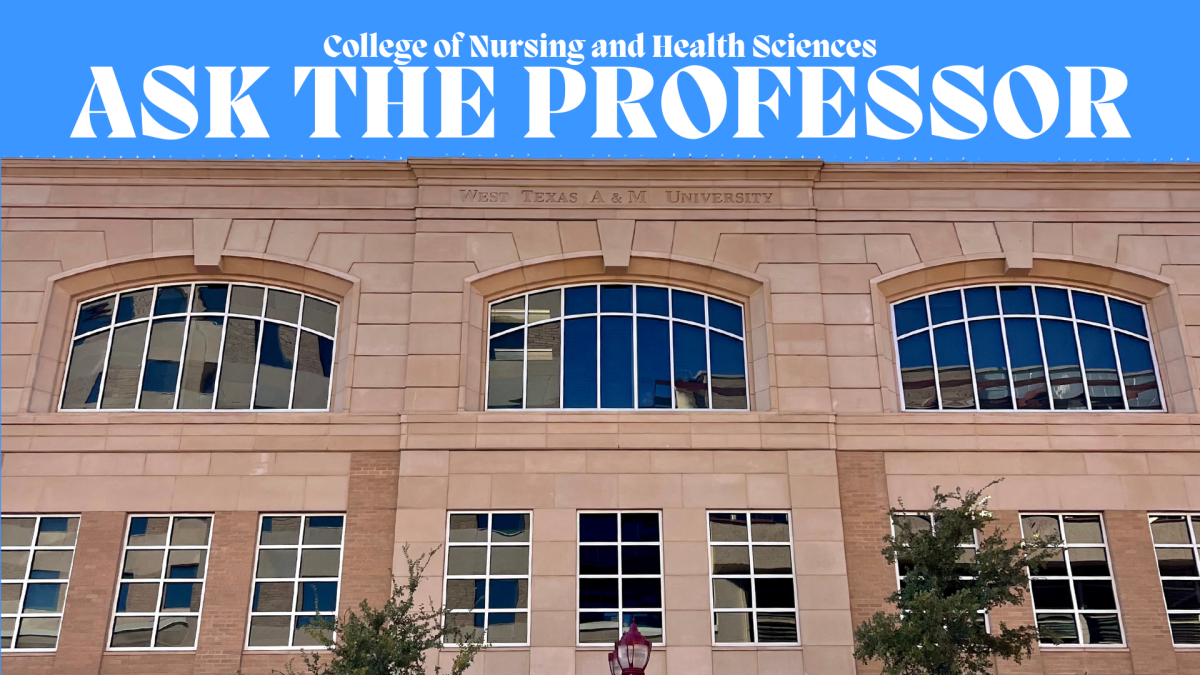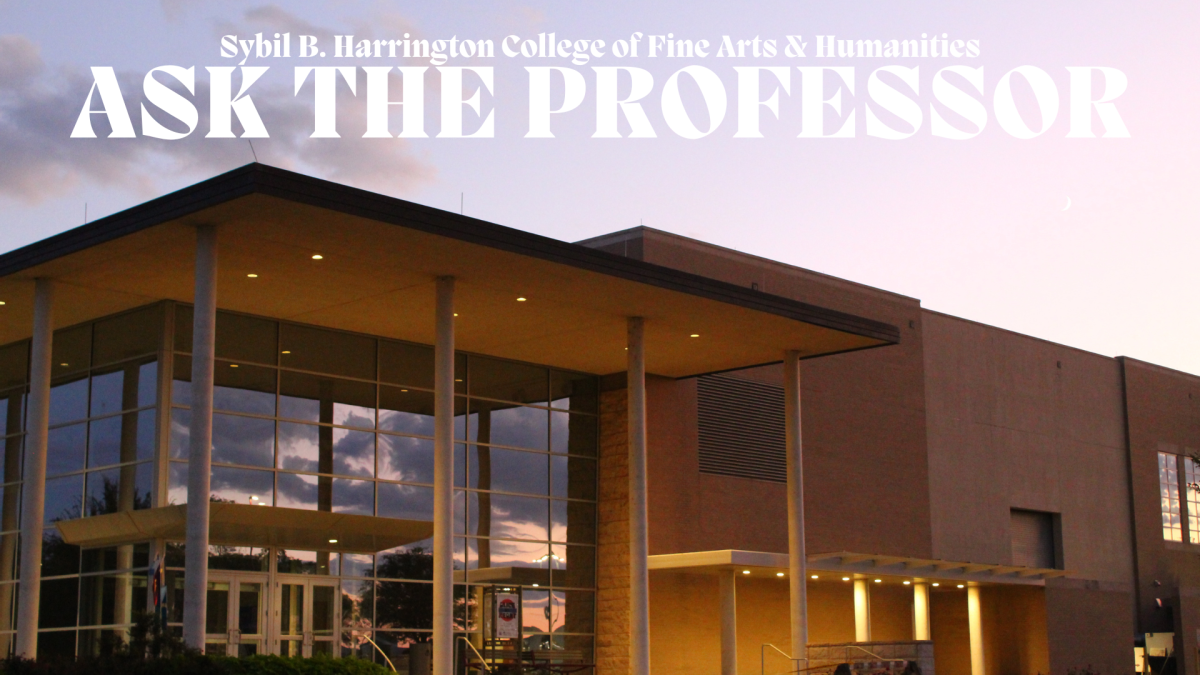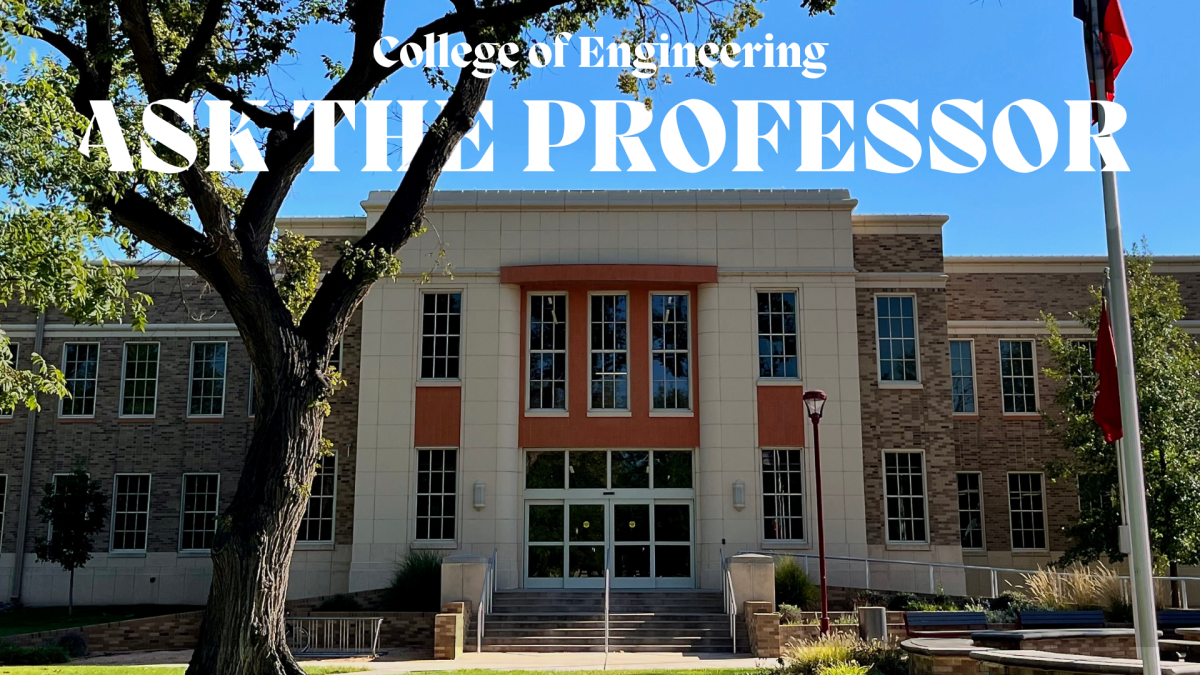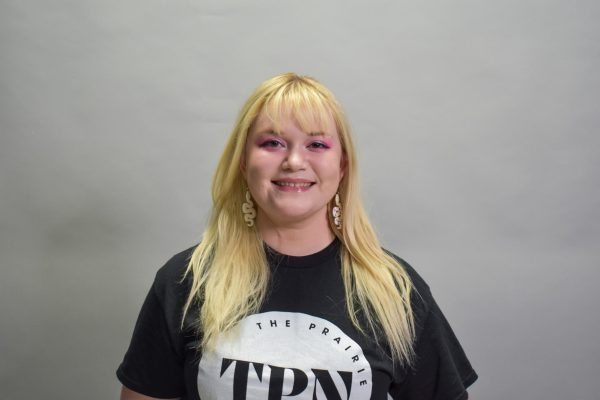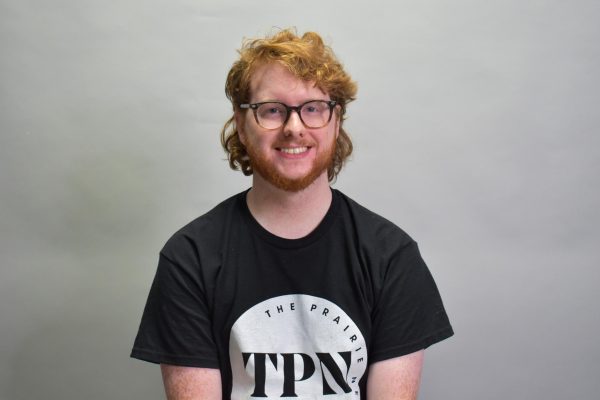Dr. Jason Yarbrough is an associate professor & Ross Wilson Endowed Chair in chemistry in the Department of Chemistry and Physics in the Paul Engler College of Agriculture and Natural Science at West Texas A&M University. Dr. Yarbrough is the head of both the Department of Chemistry and Physics and the Department of Life, Earth and Environmental Sciences.
Dr. Yarbrough began college as a political science major before realizing he was more inclined toward science. He considered a pre-professional biology tract but changed to chemistry when he took his second chemistry course.
“What was it?” Dr. Yarbrough said. “I think like anyone else; I was going to those classes, I looked forward to them, I found them interesting. I didn’t find studying and preparing for exams and the reading assignments or doing the homework to be a chore like you might for some classes [that] maybe you don’t really enjoy as much. I seemed to like it.”
Dr. Yarbrough said that the relationships he formed with the faculty and seniors in his department solidified his interest in chemistry. In 2005, after his postdoctoral experience at the University of North Carolina-Chapel Hill, Dr. Yarbrough joined Sealed Air Corporation’s (Cryovac) food packaging division, where he worked with polymers as a senior research chemist.
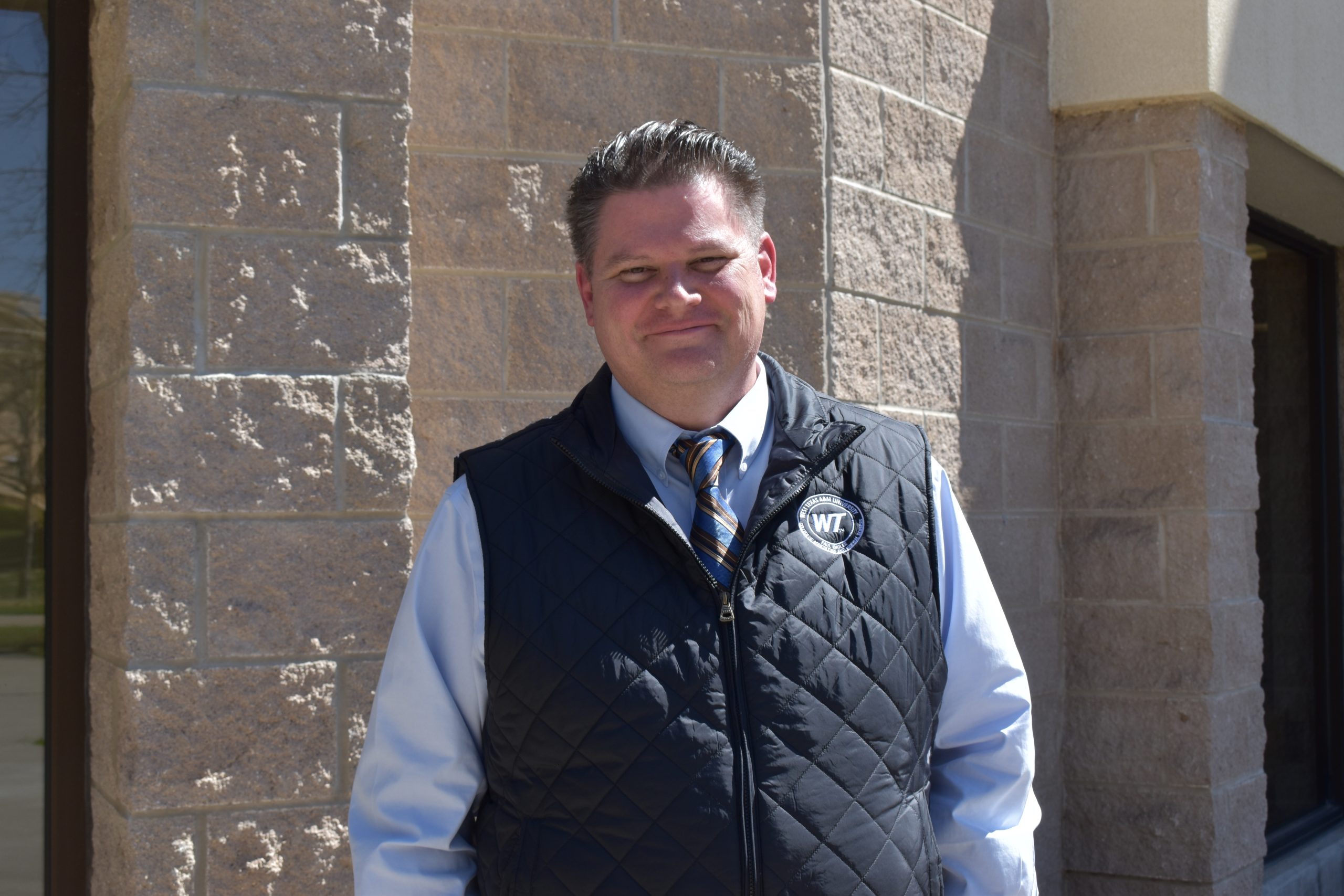
“We live in the Polymer Age,” Dr. Yarbrough said. “The Stone Age, Bronze Age, Iron Age; this is the Polymer Age. . . That’s what enables technologies [and] information. What enables information technology, IT? Polymers. That device is not possible without polymers,” Dr. Yarbrough said, referring to a cell phone. “Not just the casing; the front of it, the back of it, the lens on the camera and not just that stuff. The actual integrated circuitry that goes into it.”
One of Dr. Yarbrough’s research interests is the design of new organometallic catalysts used in the synthesis of new or existing functional polymers.
“And the thing that I have had most success in that direction has been looking at ways of capturing carbon dioxide as a material feedstock, catalytically, and that has some advantages in terms of CO2 utilization,” Dr. Yarbrough said. “When you talk about global warming and greenhouse gases and CO2 in the atmosphere, there is a push out there for people to find ways to recapture that carbon dioxide in the atmosphere and use it. Would that solve the greenhouse gas problem, CO2 problem? Not entirely, but whatever solution we come up with will have to be multi-faceted. It can’t be just one thing.”
Dr. Yarbrough enjoys looking at the structural characteristics of organometallic compounds and observing how components of molecules build and bond with metals.
“I think it’s fun, building a molecule; it’s like building a model or a house,” Dr. Yarbrough said. “You start small with certain components and you try to bring them together and bond together in certain ways and see how they come together. And you do it with something in mind and in the field of catalysis, it’s really interesting.”
Dr. Yarbrough’s advice for students is to “own” your field. When he was a graduate student, he overheard a professor admonishing another student for their grade on a recent exam.
“She looked at the student, and she said – I’ll never forget this – she said, ‘This is your science; this should be your identity as a professional,’” Dr. Yarbrough said. “She was basically making the argument that this is a result of you not owning that or not being invested in that fully. And so, I would say that’s my advice to be successful in chemistry because it really is necessary for a student. You decided that that’s what you’re gonna do, right? Go ahead and make that decision. Take it seriously, invest in it, own it and immerse yourself in it.”
Dr. Yarbrough said that teaching at WT is “the greatest job.”
“We have the greatest job, I think, that you could want and with a lot of the ins and outs and problems and things that come up from day to day, I always try to keep that in mind,” Dr. Yarbrough said. “It is really, really exciting to see students come into your classroom as a freshman, not knowing what they’re doing, just feeling maybe a little uncertain. A lot of times just coming from high school and moving [here]. And in four years, you see where they are and it’s just such a big change.”





